BMW 7 Series 730Ld vs Mercedes S-Class S350d L: The boardroom battle on four wheels
Can the new 7 Series oust the chairman of the board, who’s been in charge it seems like forever
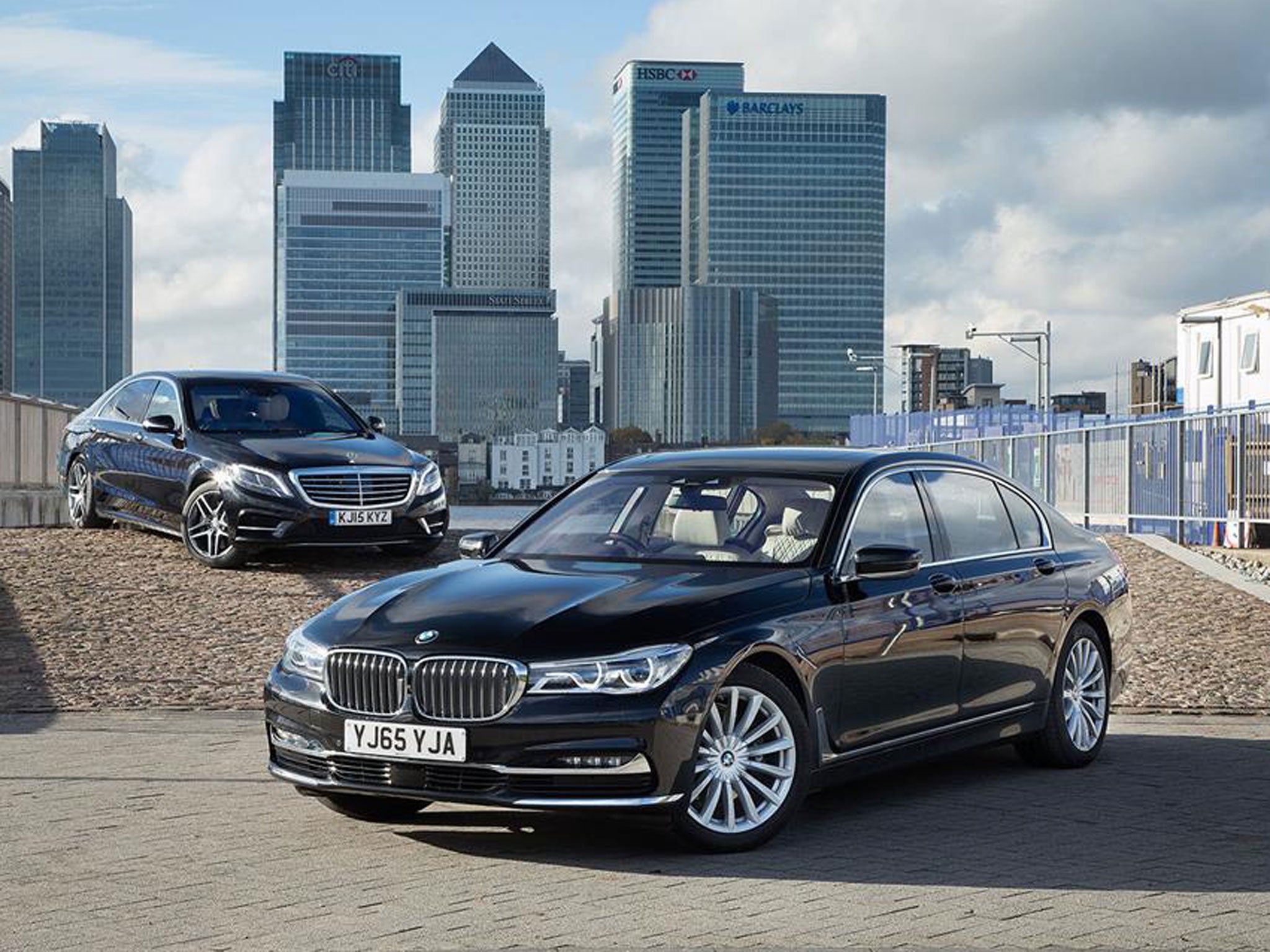
The question is simple. Can the new 7 Series BMW oust the chairman of the board, who’s been in charge it seems like forever? The mighty Mercedes-Benz S-Class has seen off all contenders, all threats, but the latest one from BMW is the most powerful yet. Let’s see how the power-play plays out.
This is all about the cabin experience. And, specifically, the experience in those rear seats. We’ll start the tour, if we may, inside. It’s hard to call these two mainstream cars. These are among the most luxurious cabins you’ll find on wheels. Both have extended wheelbases, so there’s even more room than there is in the ‘normal’ version.
Although the standard fitment list is extensive, both our cars had extras in the shape of rear seat packs, costing £4815 on the BMW and £3500 on the Mercedes. That brings in reclining and massaging seats, entertainment system for the rear and upgraded sound system. This is where the owner is more likely to spend time than at the wheel.
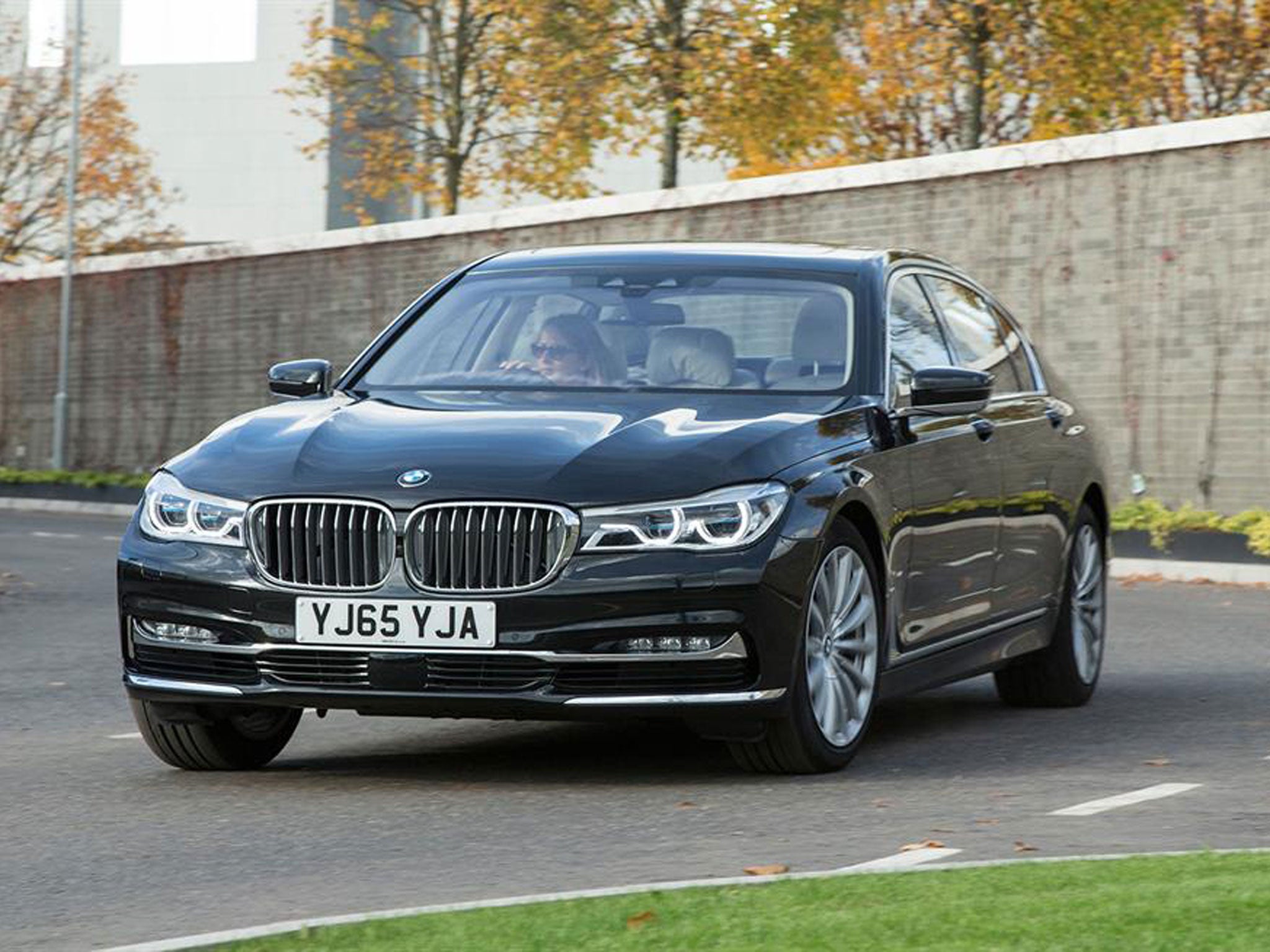
The whole experience is one of pampering opulence in both cars. The soft materials, the exotic scents, the mood lighting – it’s all-enveloping. There’s no point in going into detail about how the seats adjust or what they’re covered in, or what happens up front – it’s all utterly peerless. Except.
Except we need to call it, and we’d give the nod to the Mercedes. It’s hard to explain why but it’s simply got the edge, the looks, the details just right.
Mercedes S350d L (*****)
- Engine size: 3.0-litre diesel, turbo
- Price from: £67,995 (list)
- Power: 255bhp
- Torque: 457lb ft
- 0-62mph: 7.2 seconds
- Top speed: 155mph
- Fuel economy: 34.7mpg (on test)
- CO2: 148g/km
Of course, part of this cabin experience is going to be affected by the outside world. Both cars have worked hard to remove as much external influence as possible, leaving you in your own pod of tranquility. Both have adaptive air suspension designed to isolate you from the road.
But the Mercedes does it better. Over bigger bumps there’s very little to choose between the two, but at lower speeds the Mercedes continues to cosset you while the BMW does tend to impolitely let in the odd thump or jostle. Outrageous. At motorway speeds it’s not quite as serene as the S-Class either.
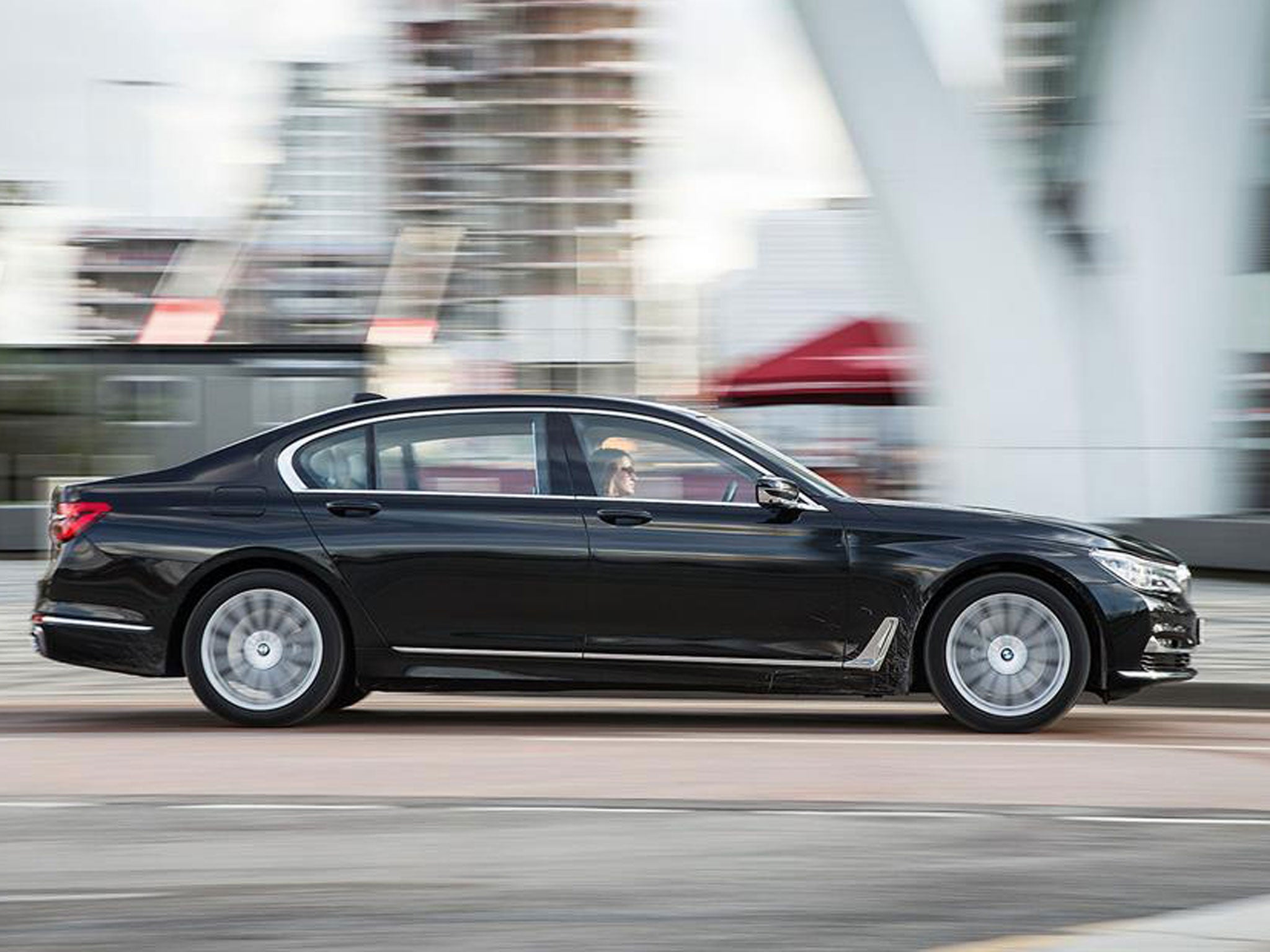
The BMW here on test has had quite a few extras added, including Integral Active Steering, with four-wheel steering, and Executive Drive Pro, which adds active anti-roll bars. Just those two add up to another £3500 or more. Assuming you do actually drive either of these, it gives the BMW less lean in the corners than its German competitor but the Merc responds by giving you a better feel for the steering.
If you’re going to drive these then you’ll be driving a 3.0-litre six-cylinder diesel with auto transmission whichever one you’re behind the wheel of. Both engines are effortless and powerful of course, but the BMW engine is noticeably quicker in acceleration and feels the more powerful. The eight-speed transmission in the 7 Series is also better than the seven-speed in the S-Class, so that’s an area that edges the BMW ahead, as it would in a drag race. Perish the thought.
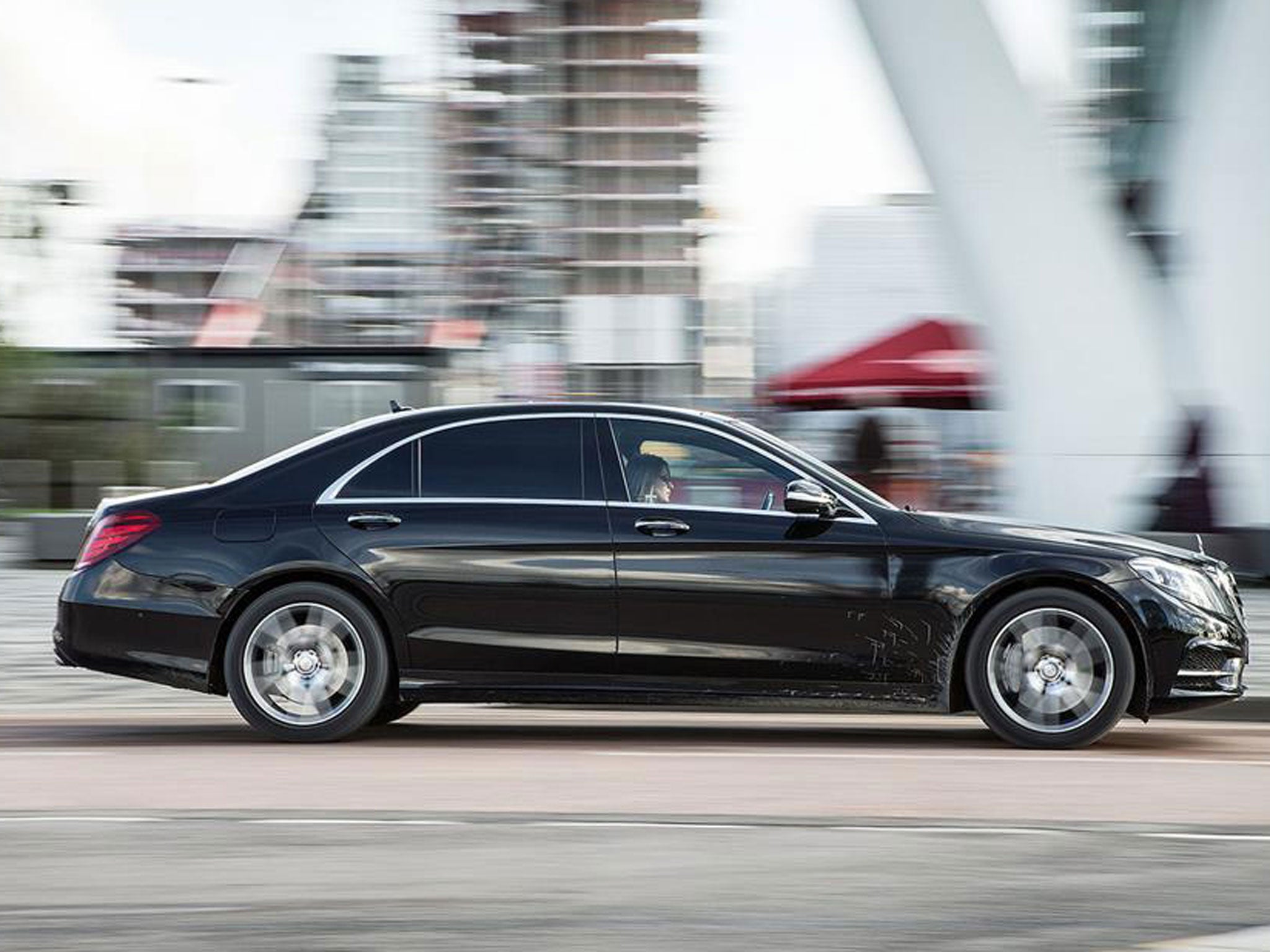
It’s always rude to talk about what things cost, but we obliged to. If you’re leasing there’s a £46 a month extra for the Mercedes, but that’s not going to swing it. The BMW also has more incentives for company car drivers due to lower emissions. You’d save £1000 a year by choosing the BMW.
On the other hand, there are bigger discounts available for the Mercedes. And it will hold its value even better than its rival. Over three years you could be saving £7000 by buying the Merc over the BMW. The BMW is cheaper to service and will probably be slightly cheaper on fuel but that’s probably not going to convince anyone.
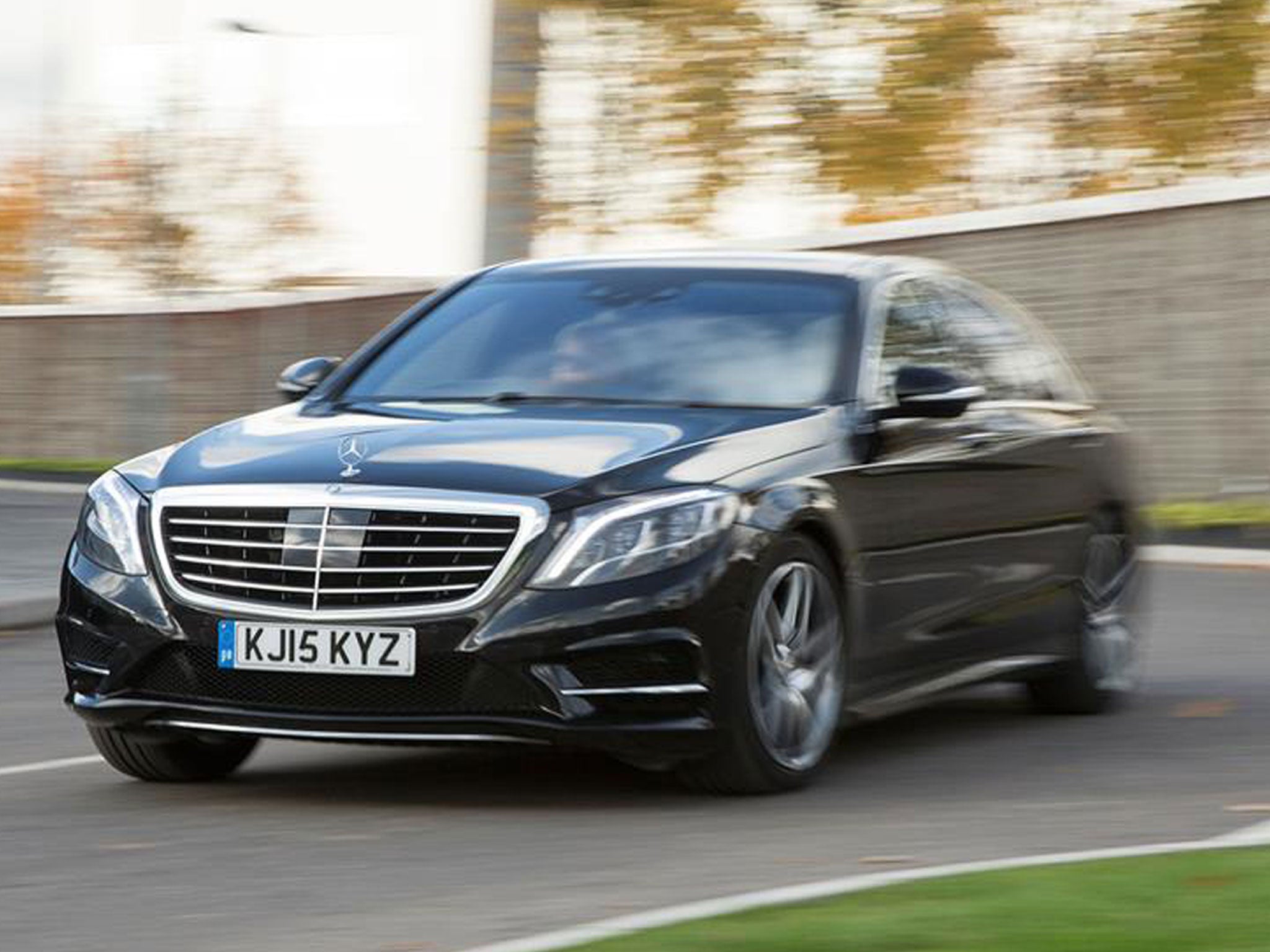
In terms of kit, you get pretty much anything you could think of, although it’s instructive to see how many extras were thrown at our test vehicles. Both cars get all the usual like full leather interiors, changeable ambient lighting, wi-fi hotspots, heated seats all round, adaptive cruise control and so on and on. Pretty much like in a Dacia really.
Both have some things that are expensive options on the other – rear seat climate control is £1170 on the Mercedes, standard on the BMW, while full adaptive headlights are standard fitment on the Mercedes but a £1360 extra on the BMW – but overall it roughly balances out.
BMW 730Ld (****)
- Engine size: 3.0-litre diesel, turbo
- Price from: £68,480 (list)
- Power: 261bhp
- Torque: 457lb ft
- 0-60mph: 6.3 seconds
- Top speed: 155mph
- Fuel economy: 58.9mpg (govt)
- CO2: 127g/km
You could say that of the whole test of these two boardroom behemoths. BMW should certainly feel like they’ve brought the fight to Mercedes with the new 7 Series 730Ld. It’s a mighty car, better than ever, and maturing powerfully. Yet the Mercedes-Benz S-Class S350d L is still the power on the throne. The interior is just extraordinary, so as a passenger you feel like a king. But if you’re the driver you still get a more natural-feeling and fabulous driving experience, particularly with regards to the handling.
The chairman has just seen off another contender. His reign continues.
Join our commenting forum
Join thought-provoking conversations, follow other Independent readers and see their replies
Comments
Bookmark popover
Removed from bookmarks